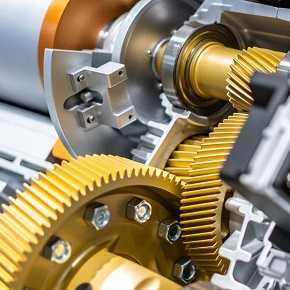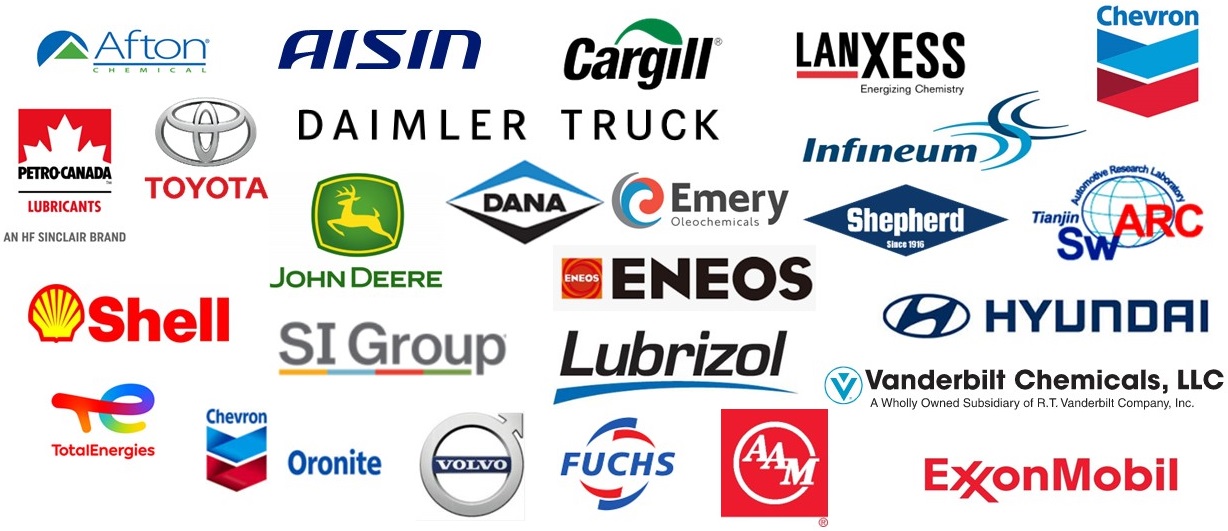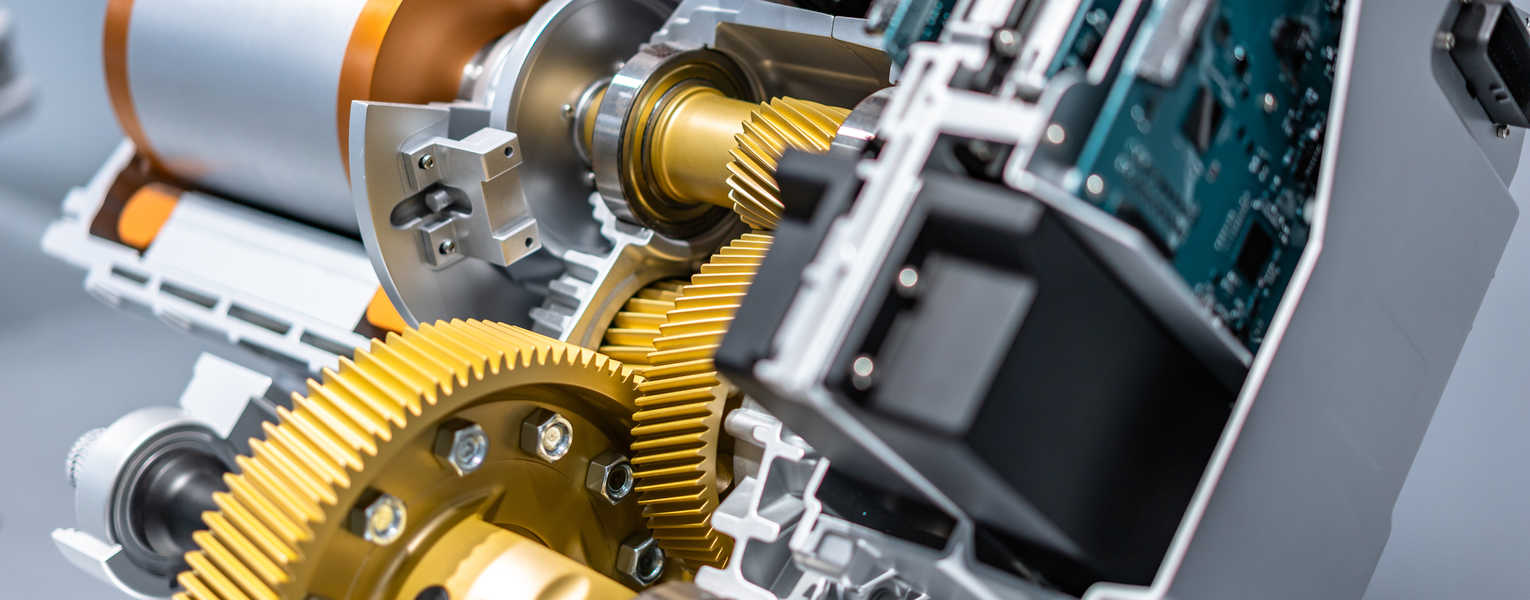
The global automotive market is changing as electrified powertrains make their way into light-duty vehicles and heavy-duty trucks. Hardware designs vary greatly and are changing rapidly as cars and trucks look less like conventional internal combustion engine (ICE) vehicles. Lubricant requirements are also changing in order to protect and cool these new drivetrains. The methods for evaluating lubricants for electrified vehicles must match their unique hardware and operating conditions.
AFEV Purpose and Goals
The goal of the Advanced Fluids for Electrified Vehicles 2 (AFEV2) Consortium is to advance the industry’s understanding of the unique stressors placed on electric vehicle (EV) and hybrid vehicle (HEV) fluids, then design test methods specific to those unique stressors. This will enable development and optimization of EV fluids and progress EV powertrain design.

Advanced Fluids for Electrified Vehicles 2 Kick-Off Meeting Registration
As electric vehicles push speeds and power levels higher, it is critical to understand the role of lubricants in protecting hardware and delivering desired performance. Register today for the AFEV2 Kick-Off Meeting (available in-person or virtually).
Kick-Off Meeting RegistrationProgram Task Areas
The initial task areas are detailed below. Since the AFEV2 Consortium is a continuously evolving research program, the distribution of effort for these areas will vary based on budget, client direction, and research findings.
Topic Areas for the AFEV Consortium
The initial topic areas for AFEV2 center around the performance criteria that the lubricants must possess in order to properly protect the hardware and enable it to operate to its full potential. In any automotive application, the lubricant and hardware must work together. The environment inside electric motors is unique when compared to conventional powertrains. There are new materials, higher input speeds, larger gear reductions, and electrical considerations that have not previously been investigated. By enabling formulators to develop the best fluids for the applications, hardware suppliers can push their designs to new limits of performance and cost effectiveness. Better understanding of EV fluid performance and development of applicable methods to assess it are critical in determining how a fluid formulation will affect the overall system.
The following performance metrics are some of the topics under consideration by the Consortium:
- Hardware Durability
- Oxidation Performance
- Aeration
- Heat Transfer
- Electrical Conductivity
- Materials Compatibility
- Flashpoint
- Efficiency
AFEV1 Consortium Members


AFEV2 is actively signing up members. For an updated AFEV2 member list or more information, contact Peter Morgan or call +1 210 522 3143.

